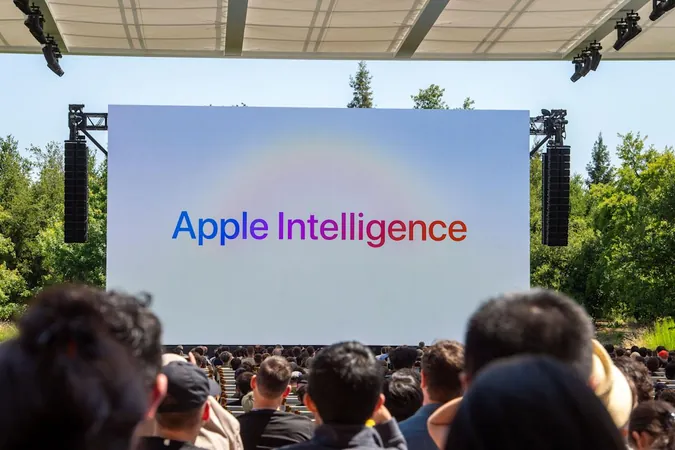
Apple in Hot Water: Authors Sue Over Alleged Theft of Their Books for AI Training
2025-09-06
Author: William
Lawsuit Alleges Copyright Infringement
In a bombshell case, two authors have taken on tech giant Apple, accusing the company of unlawfully using their copyrighted works to fuel its artificial intelligence ambitions. Grady Hendrix and Jennifer Roberson allege that Apple has tapped into a treasure trove of pirated books, including their own, without so much as asking for permission.
The Accusations Unveiled
According to the lawsuit, Apple allegedly utilized a controversial tool—dubbed the Applebot—to scour the internet and harvest content from so-called "shadow libraries," which are repositories filled with unlicensed copyrighted material. The plaintiffs contend that these actions not only infringe upon their copyrights but also compromise the economic value of their literary contributions.
A Push for Justice and Fair Compensation
Hendrix and Roberson, both respected authors with their own successful books, expressed their outrage, saying that Apple, a multi-billion-dollar corporation, has failed to offer even a token payment for the use of their intellectual property. They argue that this illicit access undermines their ability to control their own creations while enabling Apple to profit immensely without justification.
Seeking Class Action Status
The lawsuit aims to gain class action status, highlighting the vast number of authors impacted by Apple's alleged practices. By taking this step, Hendrix and Roberson are rallying not just for their own rights, but for countless other creators who may have been similarly affected.
Implications for the Future of AI and Copyright
As the case unfolds, the ramifications for both the publishing industry and AI development are significant. This lawsuit raises important questions about the ethical boundaries of AI training methods and the need for clear legal protections for creators in the digital age. Will this be a wake-up call for tech companies to ensure that they respect intellectual property rights, or will it merely be another chapter in a long saga of copyright battles?

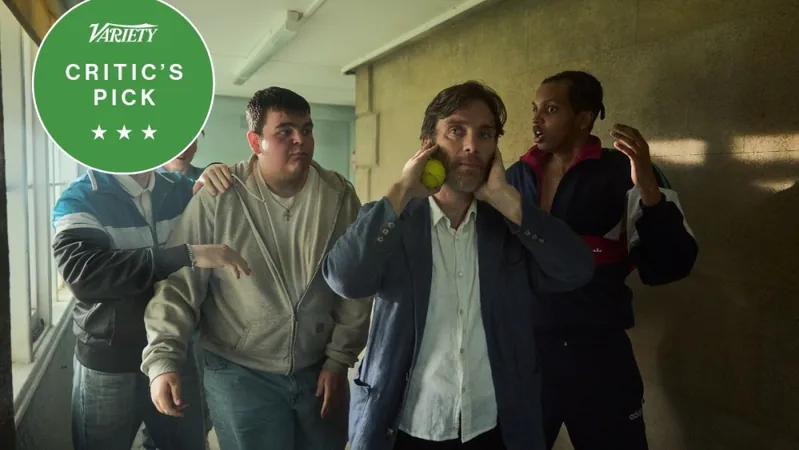
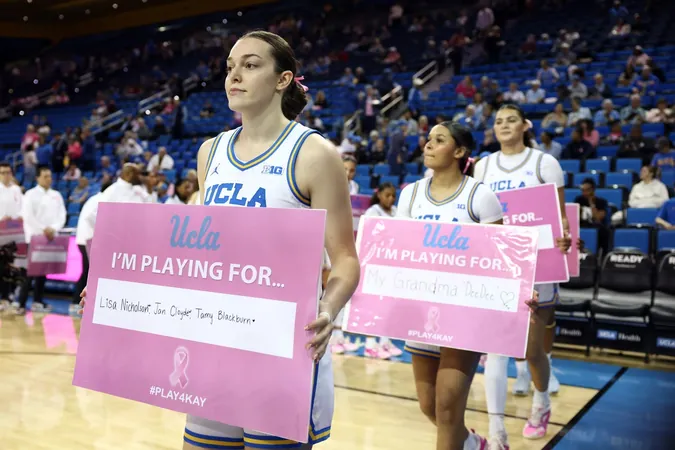
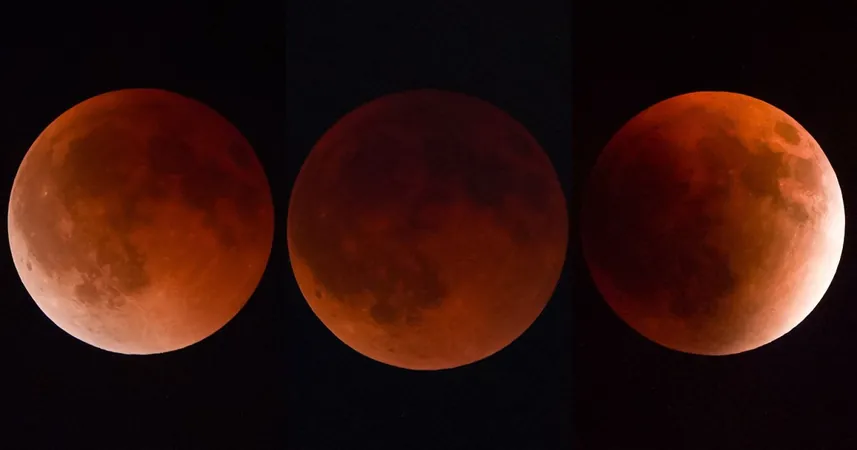
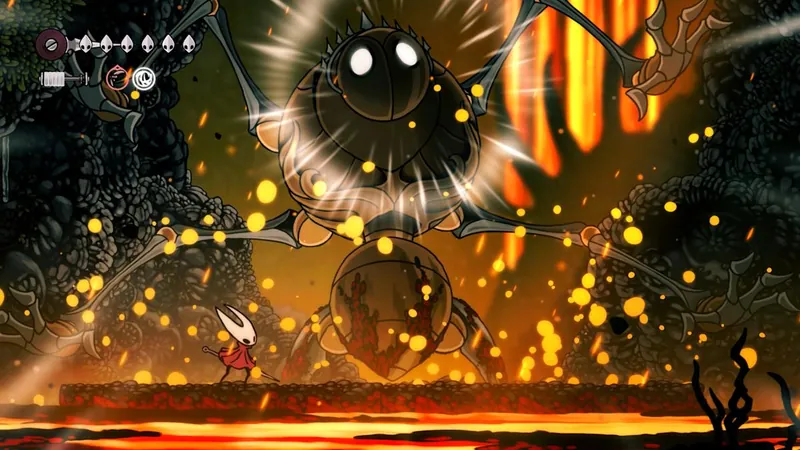

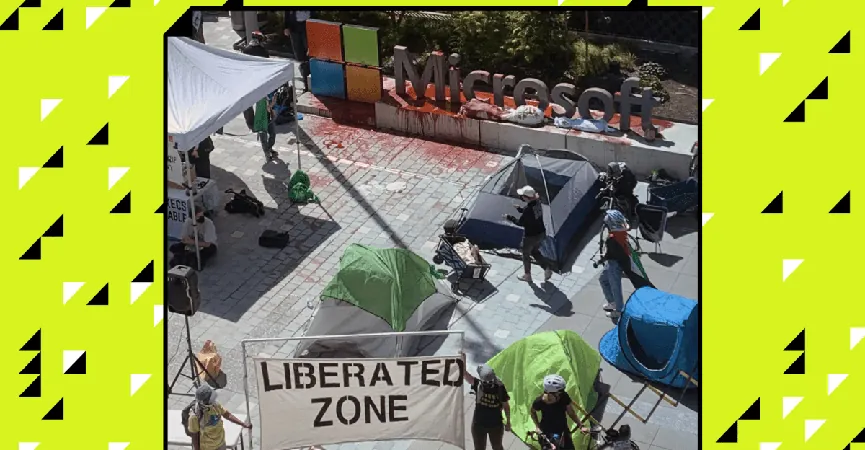

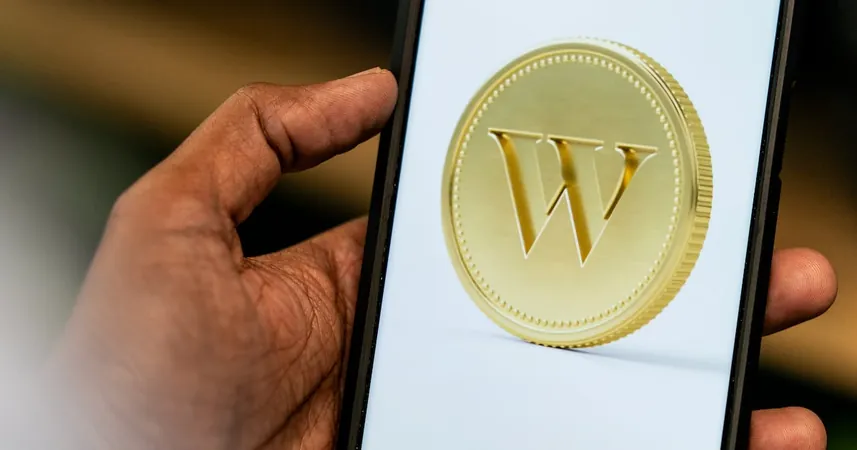
 Brasil (PT)
Brasil (PT)
 Canada (EN)
Canada (EN)
 Chile (ES)
Chile (ES)
 Česko (CS)
Česko (CS)
 대한민국 (KO)
대한민국 (KO)
 España (ES)
España (ES)
 France (FR)
France (FR)
 Hong Kong (EN)
Hong Kong (EN)
 Italia (IT)
Italia (IT)
 日本 (JA)
日本 (JA)
 Magyarország (HU)
Magyarország (HU)
 Norge (NO)
Norge (NO)
 Polska (PL)
Polska (PL)
 Schweiz (DE)
Schweiz (DE)
 Singapore (EN)
Singapore (EN)
 Sverige (SV)
Sverige (SV)
 Suomi (FI)
Suomi (FI)
 Türkiye (TR)
Türkiye (TR)
 الإمارات العربية المتحدة (AR)
الإمارات العربية المتحدة (AR)